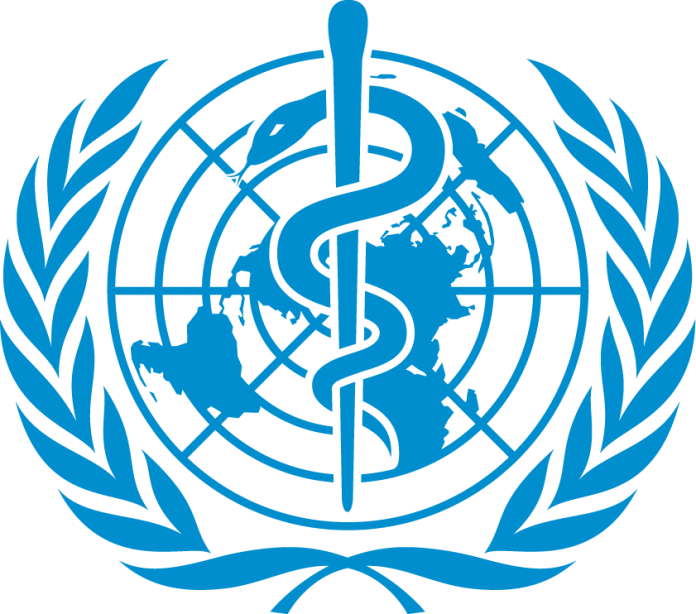“We stand together to celebrate Africa’s progress towards a continent free of polio and renew our collective commitment to protecting every child,” the World Health Organization (WHO) Regional Director for Africa, Dr. Mohamed Janabi, declared in his 2025 World Polio Day message.
Marking this year’s theme End Polio: Every Child, Every Vaccine, Everywhere Janabi said the continent is closing in on the finish line in the fight against a disease once feared across Africa. He, however, warned that the final push demands unwavering commitment, adequate financing and stronger health systems.
Janabi revealed that between January and October 2025, 15 African countries vaccinated nearly 200 million children through supplementary immunization campaigns, while 13 countries mounted synchronized efforts despite insecurity and logistical challenges.
In the Horn of Africa, a major hotspot for variant poliovirus, Djibouti, Ethiopia, Kenya and Somalia jointly vaccinated more than 18 million children in just two rounds a milestone hailed as proof of the power of regional collaboration.
Across the Lake Chad Basin and the Sahel, Ministers of Health in April launched a coordinated drive to protect 83 million children living in high-risk areas and border communities.
The WHO Regional Director announced that active type 2 poliovirus outbreaks dropped from 24 countries in 2024 to 14 in 2025, representing a 54% decline in virus detection. Only two countries reported type 1 cases, while 14 reported type 2 and three recorded type 3 detections during the period under review.
“Madagascar’s declaration of the end of its circulating variant poliovirus type 1 outbreak in May is further evidence that Africa can defeat this virus wherever it appears,” he added.
Janabi attributed the progress to strengthened surveillance, regional laboratory upgrades and widespread adoption of digital innovation.
By mid-2025:11 WHO-supported labs expanded genomic sequencing capacity; 6 labs started piloting advanced techniques; Uganda’s Sanger facility earned WHO accreditation; and 98% of African countries now monitor wastewater for polioviruses
Over 850,000 frontline vaccination workers are now paid through mobile-money platforms, with 95% receiving payment within 10 days of campaigns improving transparency and efficiency in hard-to-reach areas.
Geospatial mapping tools developed by WHO’s African GIS Centre are helping teams locate and vaccinate children in previously missed nomadic and border communities.
Despite major strides, Janabi cautioned that declining routine immunization coverage, insecurity and vaccine hesitancy still threaten progress.
“To truly end polio, countries must sustain cross-border coordination, reach zero-dose children, expand surveillance and maintain high-quality outbreak response,” he said.
Ending polio, he stressed, is not only about stopping transmission but also building resilient health systems that protect future generations.
“As we observe World Polio Day 2025, let us renew our determination to reach every child, with every vaccine, everywhere and consign polio to history, forever,” Janabi urged.

